Flash Mob and the Social Contract
Perhaps you saw the recent news: NJ Family Visiting Baltimore Haunted By Random Teen Attack At Inner Harbor
It’s the heart of Baltimore’s tourism industry, but the Inner Harbor turned into a nightmare for a visiting family of 10 earlier this month.
Out of nowhere, they were swarmed and beaten by a large number of teenagers.
A large number of teenagers will always be able to overwhelm smaller groups of people, but they don’t usually. What stops a physically powerful person from routinely taking what belongs to a weaker person? The law and penalties? That controls most situations, but only when the fabric of society is held in place by the social contract. Freddie Gray’s death in 2015 confronted us with a rip on one side of the contract.
Flash Mob
About five years ago I was at Harbor Place in Baltimore. It was mid-day. All of a sudden about thirty kids—all black, probably ten to fourteen years old, waving their arms and yelling—rushed through an open-air performance area. The vocal group and many of the people in the audience gasped at the interruption, unsure what was happening and what was next.
Surprisingly, the kids continued through and continued until out of sight. Nothing more untoward happened. The flash mob came and went.
I’m sure I speak for many there when I say that the ease with which norms of social behavior were flouted made clear that more disturbance could have occurred. The reason it didn’t was the whimsy of the flash mob, neither the presence of a couple of officers across the plaza nor fear of audience retaliation.
Social Contract
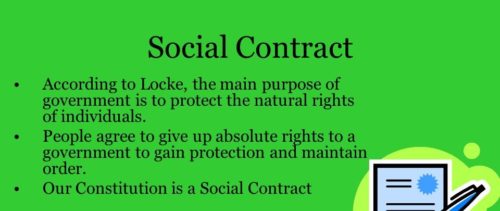
The scene gave a glimpse of the thinness of civilization’s veneer that protects in a communal society. That veneer is maintained by the social contract.
Our Constitution is one social contract, governing law, order and promising individual rights.
American Dream
The American Dream is another contract. It is the ideal that every US citizen should have an equal opportunity to achieve success and prosperity through hard work, determination, and initiative.
If people grow up without that equal opportunity, it’s not surprising they don’t feel as bound by laws as we wish. That is not an excuse, but an explanation.
Equal opportunity is a demand on the haves. Abiding by laws is a demand on the have-nots.
The social contract demands and promises should be known to both haves and have-nots—through school, understood in common conversation, and used in political debate. When the social contract is met by both sides, then more of the have-nots will become haves.
Additional Information
in Class Warfare and Status
Image Citation
original: w:Second Continental Congress; reproduction: William Stone, Public domain, via Wikimedia Commons
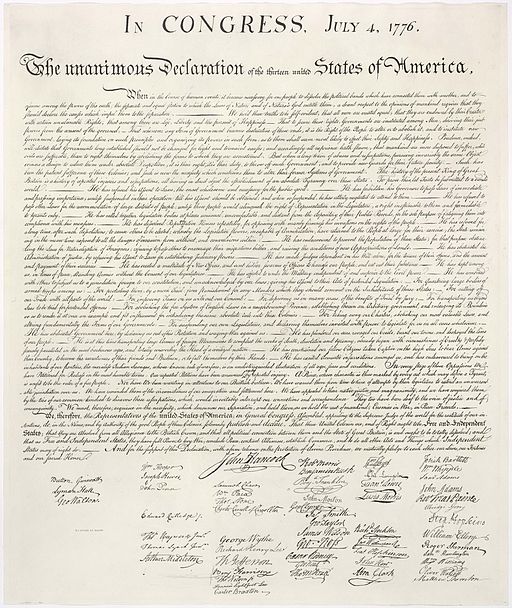
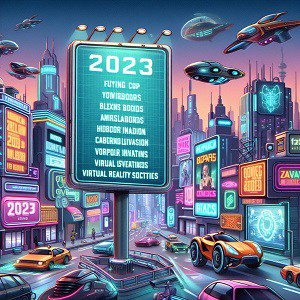
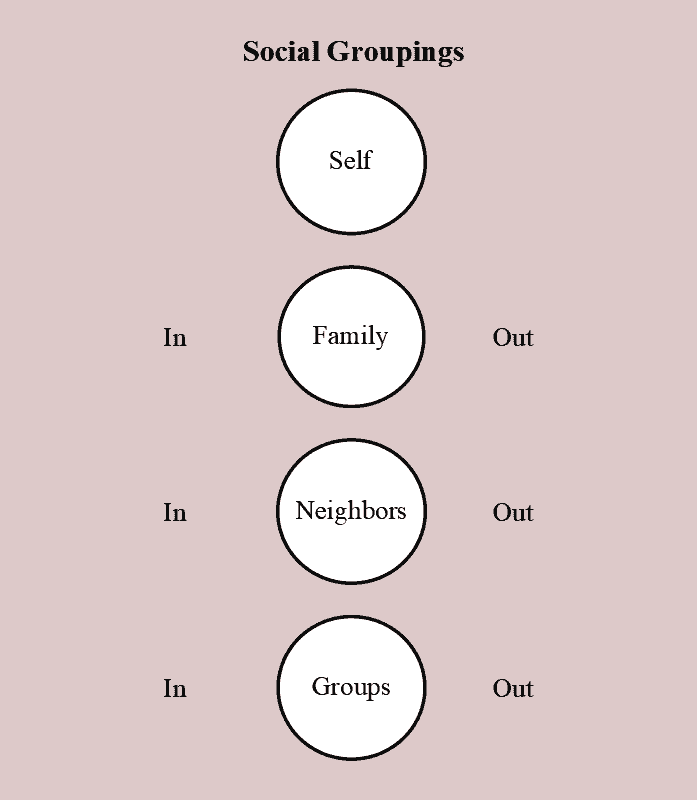
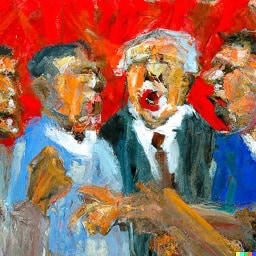
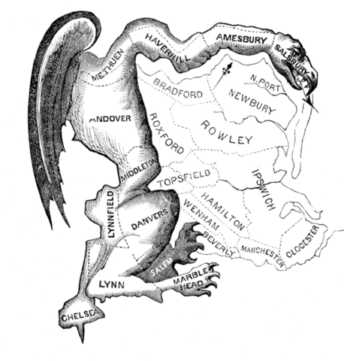
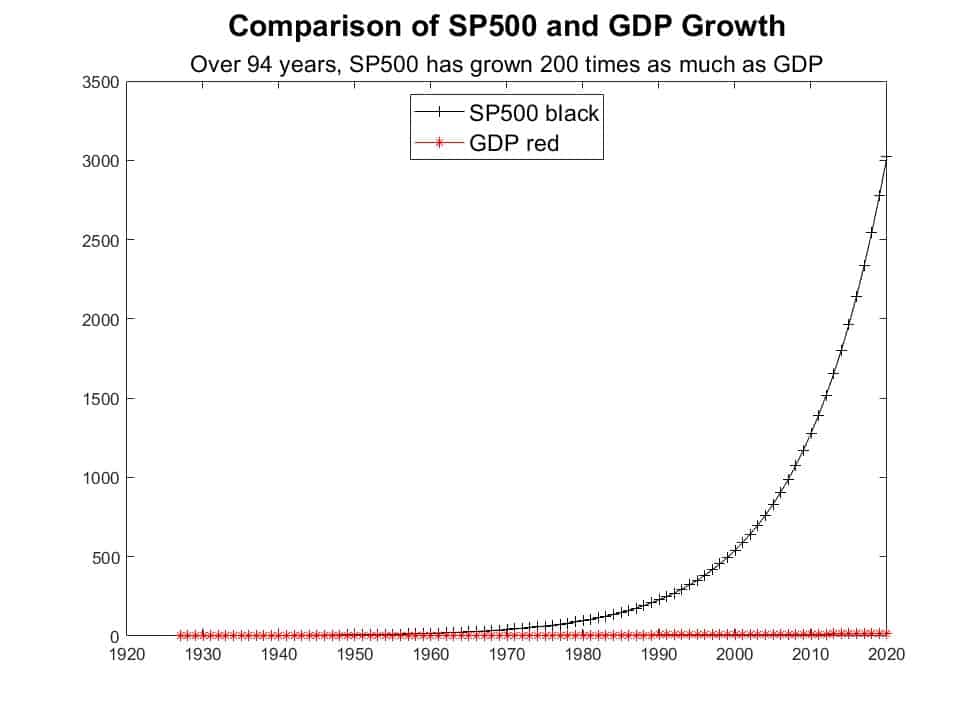

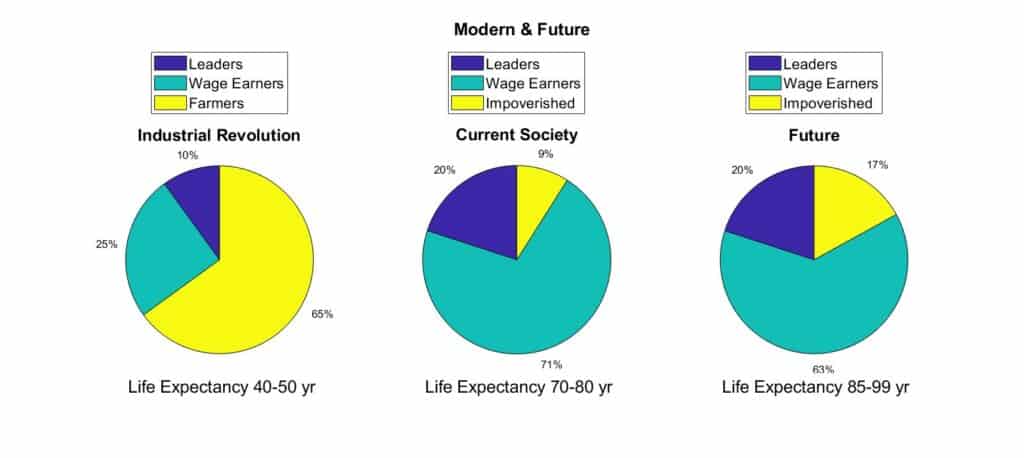

4 thoughts on “Flash Mob and the Social Contract”